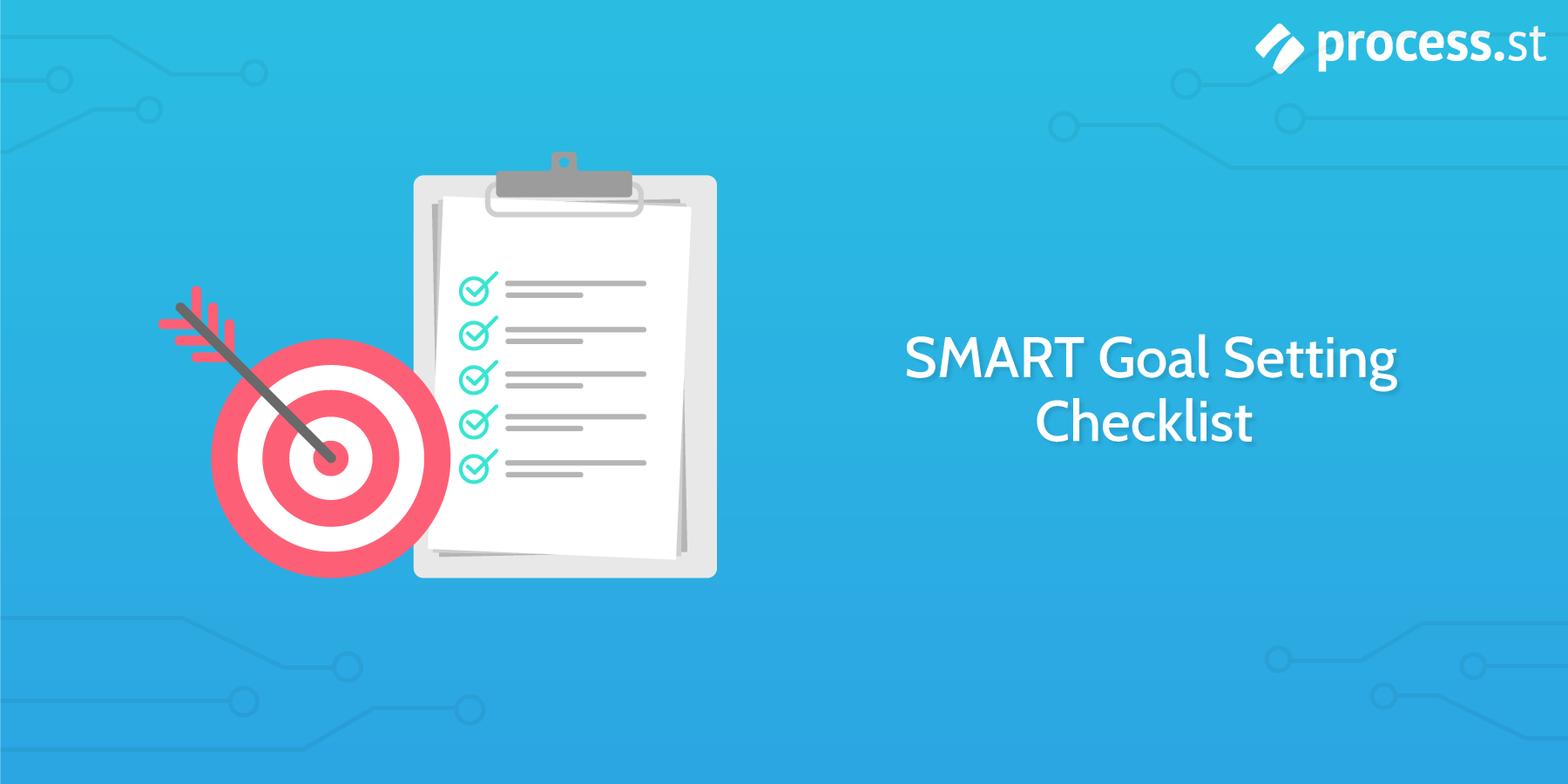Helping clients set and achieve actionable goals is a core responsibility for any life coach.
The SMART method is an excellent approach to setting achievable goals because it covers all bases and leaves no room for misunderstanding.
If you don’t already know, SMART stands for:
- Specific
- Measurable
- Attainable
- Relevant
- Time-bound
By providing your clients with this checklists, you are enabling them to set goals that they will feel motivated to achieve.
It is an incredibly simple checklist that can be completed either together during a session, or by the client at home in their own time.




